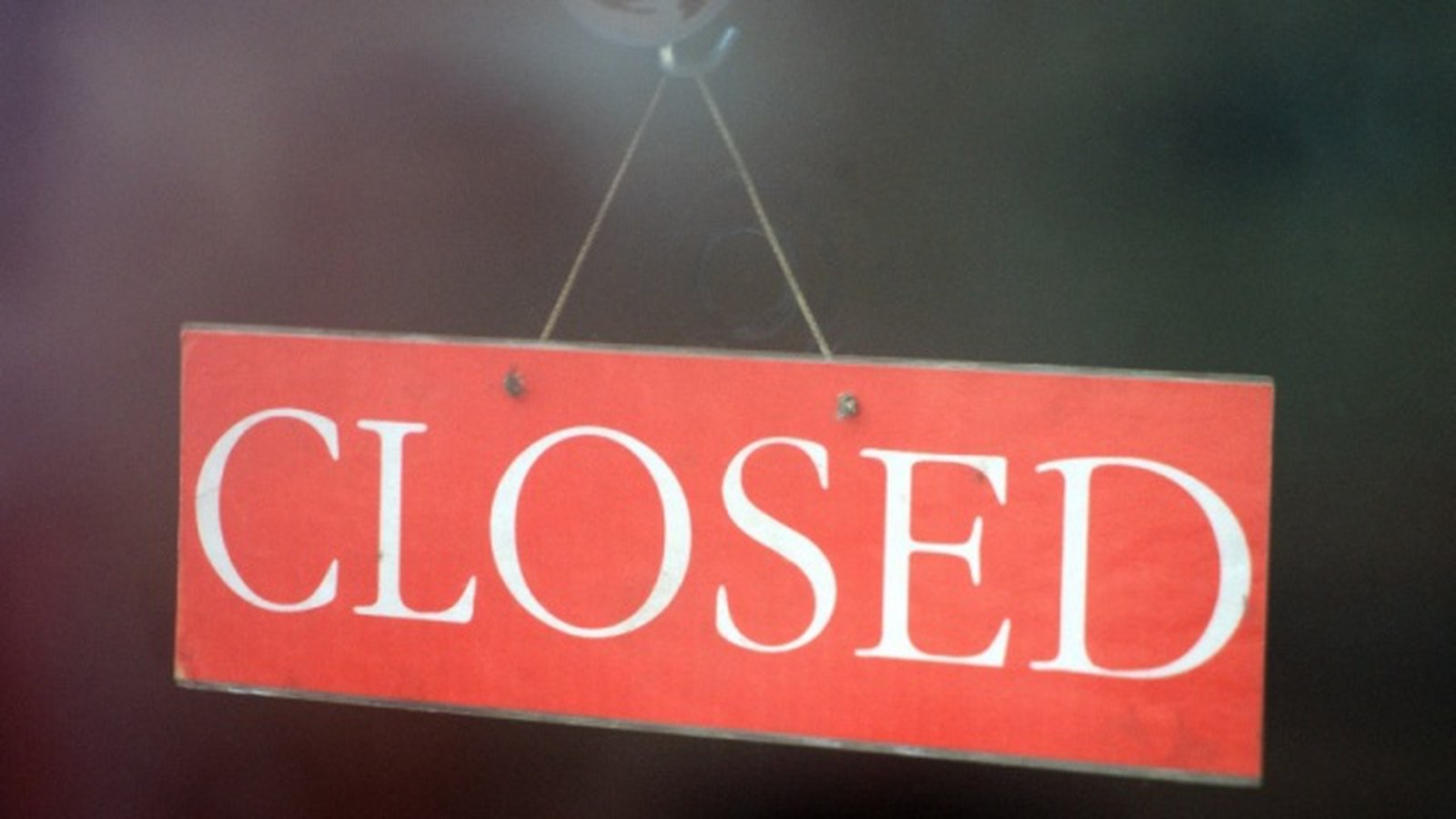Bussiness
Insolvencies up 25% in first half of the year

The number of insolvencies here was 25% higher in the first six months of the year than it was in the same period of 2023, according to two new reports.
However, when compared to the first three months of the year, the number of insolvencies between April and June is down 15%.
According to data compiled by PwC’s 2024 Insolvency Barometer there were 416 insolvencies recorded in the first half of the year, compared to 331 in the same period last year.
188 firms became insolvent in the second quarter, versus 223 between January and March.
Meanwhile Deloitte’s data shows 412 insolvencies in the first six months of the year – which it says is the highest six month figure since the first half of 2018.
It says that the country is now on course for more than 800 insolvencies this year, likely the highest figure since 2017.
The hospitality sector made up 77 of the insolvencies in the first half of this year, a rise of 88% compared to the same period of 2023.
Deloitte expects that trend to continue through the rest of the year, with the retail sector also facing a rise in insolvencies.
We need your consent to load this rte-player contentWe use rte-player to manage extra content that can set cookies on your device and collect data about your activity. Please review their details and accept them to load the content.Manage Preferences
PwC says the figures mean that the current annual insolvency rate is 29 per 10,000 businesses and has remained steady through this year.
However, it is more than double the rate in 2021, when Government Covid supports kept many firms in difficulty afloat.
Pre-pandemic in 2019 there were 850 insolvencies each year and PwC says that if the trend continues this year, there will be around 1,000 throughout the course of 2024.
“In an environment with a growing economy, robust fiscal returns, almost full employment and falling inflation, the overall insolvency level remains relatively low and well below the long term average,” said Ken Tyrrell, Business Recovery Partner, PwC Ireland.
“However, some consumers are still concerned about their personal financial situation and remain cautious on spending.”
The consultancy claims that so far the cessation of the Revenue’s Debt Warehousing Scheme last month has not led to a significant jump in businesses getting into financial trouble.
Small and mediums sized firms made up 83% of insolvencies in the second quarter, with the largest number coming from the retail sector, followed by hospitality and construction.
Over half occurred in Dublin.
“Some businesses also continue to feel the economic pressures, especially those in Hospitality, Retail and Construction,” said Mr Tyrell.
“And while they could warehouse some debts in the past, this option is now no longer available.”
“The cost of doing business overall remains high for many small businesses and these businesses need to continue to carefully plan their day to day cash flows.”
In its report Deloitte said that, so far this year, there had been 13 appointments made under the Small Company Administrative Rescue Process, which is designed to help firms avoid insolvencies.
This number is down on the 17 appointments made in the same period of last year, which it said was a concern.
It said that, of the companies that had used SCARP since its introduction in late 2021, 70% had successfully exited the process, with 672 jobs saved in the process.










